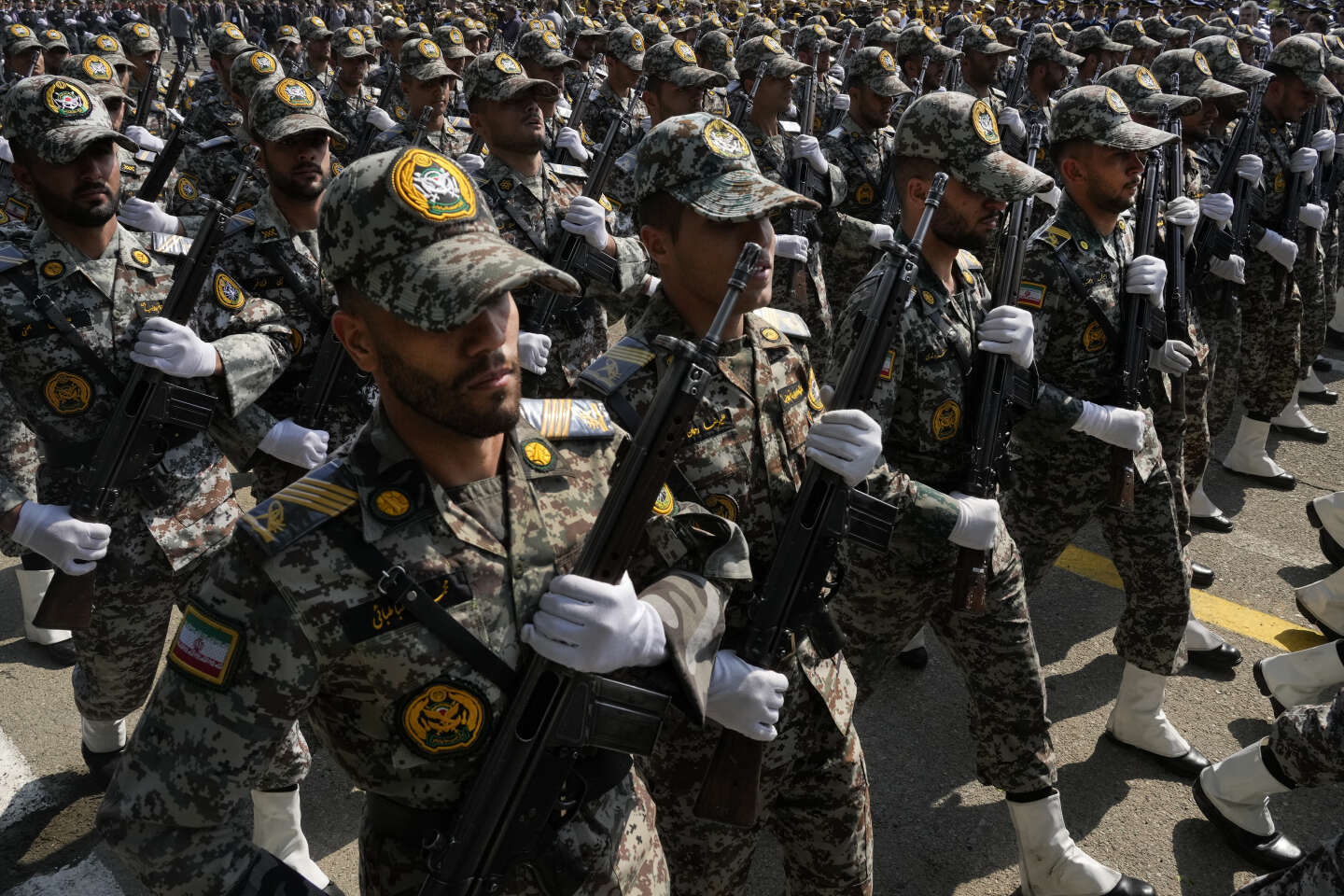


Like a divine curse, the Islamic Republic of Iran has been living with war ever since its founding. It is as much a fighting regime as it is a theocracy. It wages battle both as a way to defend its beliefs and because it needs war, or at least the prospect of war. The spiral of the last few days is one chapter in a story reaching back more than 40 years. The pogrom of October 7, 2023, perpetrated by Tehran's protégé, Hamas; the Israeli attack on Gaza and the bombardment of the Gazan population; Israel's strike against the Iranian embassy in Syria; and finally, the Islamic Republic's retaliation on the night of April 13-14: This succession of events is part of an ongoing confrontation that has not yet run its course.
After it brought down the royal Pahlavi dynasty in the winter of 1978-1979, the Islamic revolution positioned itself as the heir to militant third-worldism. Its anti-imperialism prompted it to reject both the USSR and the United States. It called for the "disappearance" of Israel and has been the most ardent standard-bearer for the Palestinian cause. The Iran of Shah Mohammad Reza Pahlavi was an ally of the US in the Middle East. The shah did not spare the West when it came to fixing the price of a barrel of oil. But Tehran's best relations were with Israel. The same applied to Turkey. David Ben-Gurion, the founder of the state of Israel, favored alliances with non-Arab powers in the region.
On February 11, 1979, the inspiration for and first spiritual leader of the new regime, Ayatollah Ruhollah Khomeini, returned home to Iran after a long exile. On February 17, Palestine Liberation Organization (PLO) Chairman Yasser Arafat arrived in Tehran to a celebrity's welcome. The Islamic Republic broke with Israel, and the Israeli embassy was handed over to the PLO delegation. But Arafat would soon become disillusioned.
Border dispute
In Khomeini's view, the Islamic revolution took precedence over the liberation of Palestine. The Arab world − and Saudi Arabia in particular − first had to be "liberated" from the corrupt monarchies on the other side of the Gulf, which were under the thumb of the "Great Satan" of America. Protected by the USSR, Saddam Hussein's Iraq − a "godless" regime with which Tehran had a border dispute − was no better. It was no less a target of the fervently proselytizing Islamic Republic, whose rhetoric promised a terrible outcome for its immediate neighbors.
From Riyadh to Baghdad, the Arab world became alarmed. Hussein wanted to teach the new Iranian leaders a lesson. The Iraqi president had the support of the USSR, the US and the Europeans. Everyone believed that one blow would be enough to destabilize the young republic. On September 22, 1980, Iraq deployed its troops on the Iranian side of the Shatt al-Arab, the "river of the Arabs." This marked the start of a war that would last until August 20, 1988; produce neither victor nor vanquished; and leave hundreds of thousands dead. It was a seminal event that shaped the Islamic Republic into what it is today.
You have 46.63% of this article left to read. The rest is for subscribers only.
